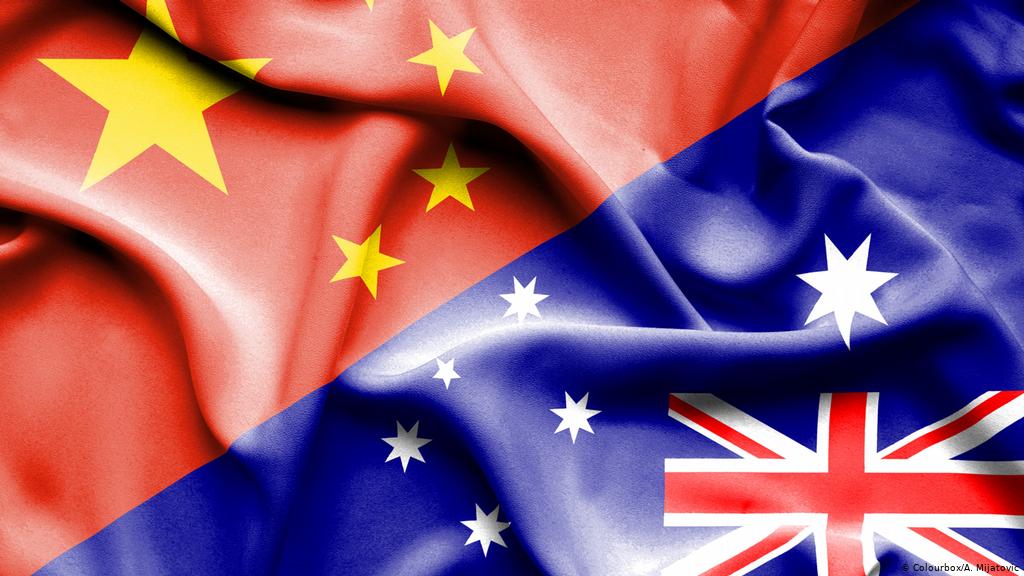China to remove tariffs on Australian barley

August 4, the Australian Government was notified that from August 5, China will remove the 80.5 percent anti-dumping and countervailing duties on Australian barley.
“We welcome this outcome, which paves the way for our barley exporters to re-enter the Chinese market, benefiting Australian producers and Chinese consumers,” Foreign Affairs Minister Penny Wong, Trade Minister Don Farrell and Agriculture Minister Murray Watt said in a joint statement.
Since May 2020, China’s duties on Australian barley have effectively blocked exports to that market, worth about $916 million in 2018-19.
“The removal of duties is the result of work by government and industry to resolve this matter.”
The ministers acknowledged and thanked industry and affected businesses for their support and patience throughout the World Trade Organization process.
In April this year, Australia announced a pathway agreed with China to temporarily suspend its WTO dispute while China conducted an expedited review of the measures, and the removal of these duties means Australia will now discontinue legal proceedings at the WTO.
“This outcome demonstrates the importance of the WTO dispute mechanism in defending the interests of Australia’s world-class producers and farmers.
“We have been clear that we expect a similar process to be followed to remove the duties on Australian wine.
“The Australian Government’s approach has been to cooperate with China where we can, disagree where we must and engage in our national interest.
“The outcome on barley reflects that approach.”
“We will continue to press for all trade impediments affecting Australian exports to be removed, which is in the interests of both Australia and China.”
In response to today’s news, GrainGrowers chair Rhys Turton said Australian barley producers were relieved the situation has been resolved.
“Thankfully, we now have a trading environment that allows us to get on with the business of producing high-quality products that meet the needs of our Chinese trading partners,” Mr Turton said.
He added that the Australian barley industry was thankful for the efforts of Ms Wong, Mr Farrell and Industry Minister Tim Ayres, as well as the Department of Foreign Affairs and Trade, in resolving the situation.
“The Australian grain industry has historically had longstanding customer relationships with Chinese domestic maltsters and brewers, with premium prices paid for specific value-driven products.
“The decision to remove the duties has opened the door to resume these strong trade links.”
Mr Turton said a key lesson for the industry was to work even more closely with the Australian government to prioritise trade diversification and market access for Australian agriculture and the grains sector as well as deepening existing relationships with customers internationally.
“With around 70pc of Australian barley production headed overseas, any concentration of exports makes us vulnerable to external market forces.
“Market diversification to mitigate those risks is a key priority over the long term for the Australian industry.”
Grain Producers Australia chair Barry Large said removal of these tariffs represented a great win for Chinese consumers and industry, and was a positive development for Australian grain producers and exporters.
“We thank and acknowledge the work of both governments in contributing to this positive outcome through an expedited process to reach a resolution which has been significantly shorter than if the WTO process continued,” Mr Large said.
“This resolution will allow Australian producers to re-commence selling and exporting our high-quality barley to China again.
“Barley is an important rotation crop for Australian growers and having another strong market and commercial option to sell our barley into will further support our sustainability and production programs.
“While other exports markets have purchased Australian barley over the past two years, and trade for other important Australian grains such as wheat have continued with China, growers will look forward to the added opportunity this re-opening of the barley trade delivers.”
Read also
Wheat in Southern Brazil Impacted by Dry Weather and Frosts
Oilseed Industry. Leaders and Strategies in the Times of a Great Change
Black Sea & Danube Region: Oilseed and Vegoil Markets Within Ongoing Transfor...
Serbia. The drought will cause extremely high losses for farmers this year
2023/24 Safrinha Corn in Brazil 91% Harvested
Write to us
Our manager will contact you soon



